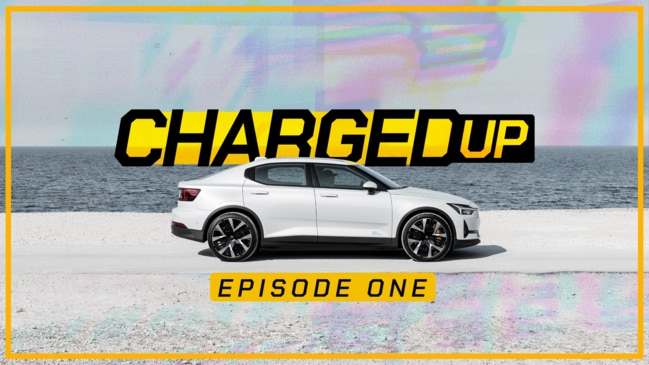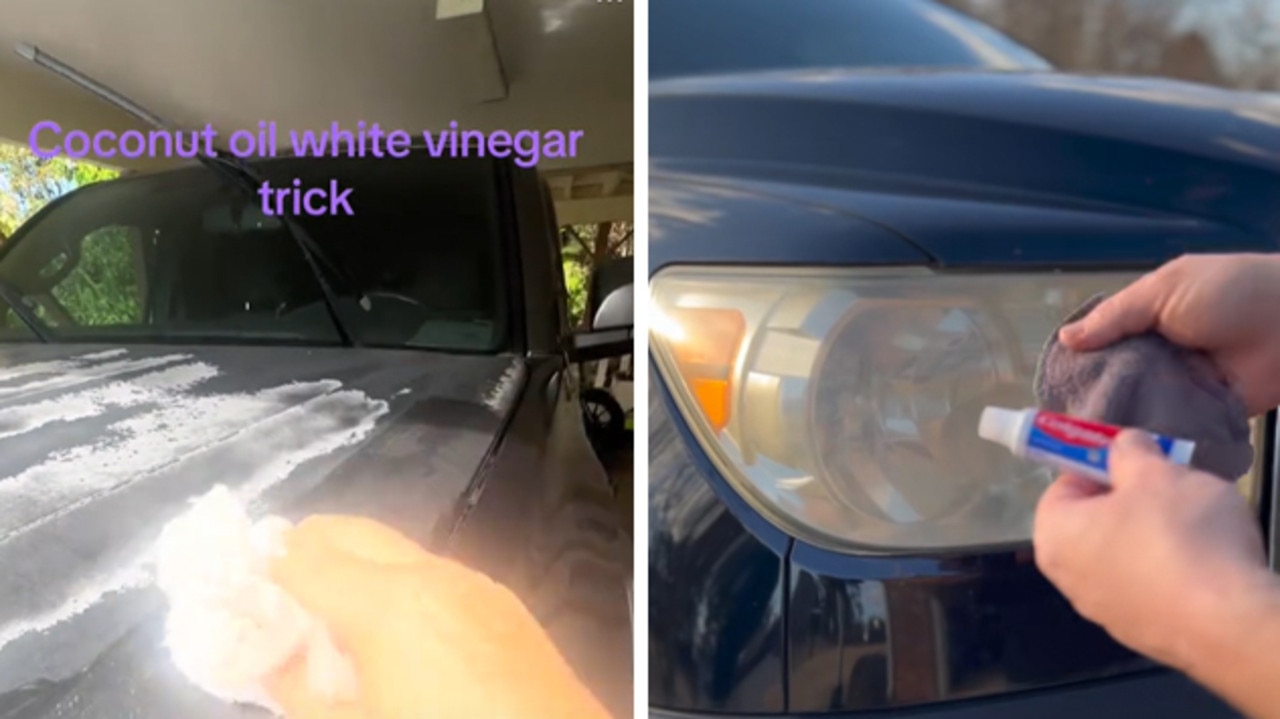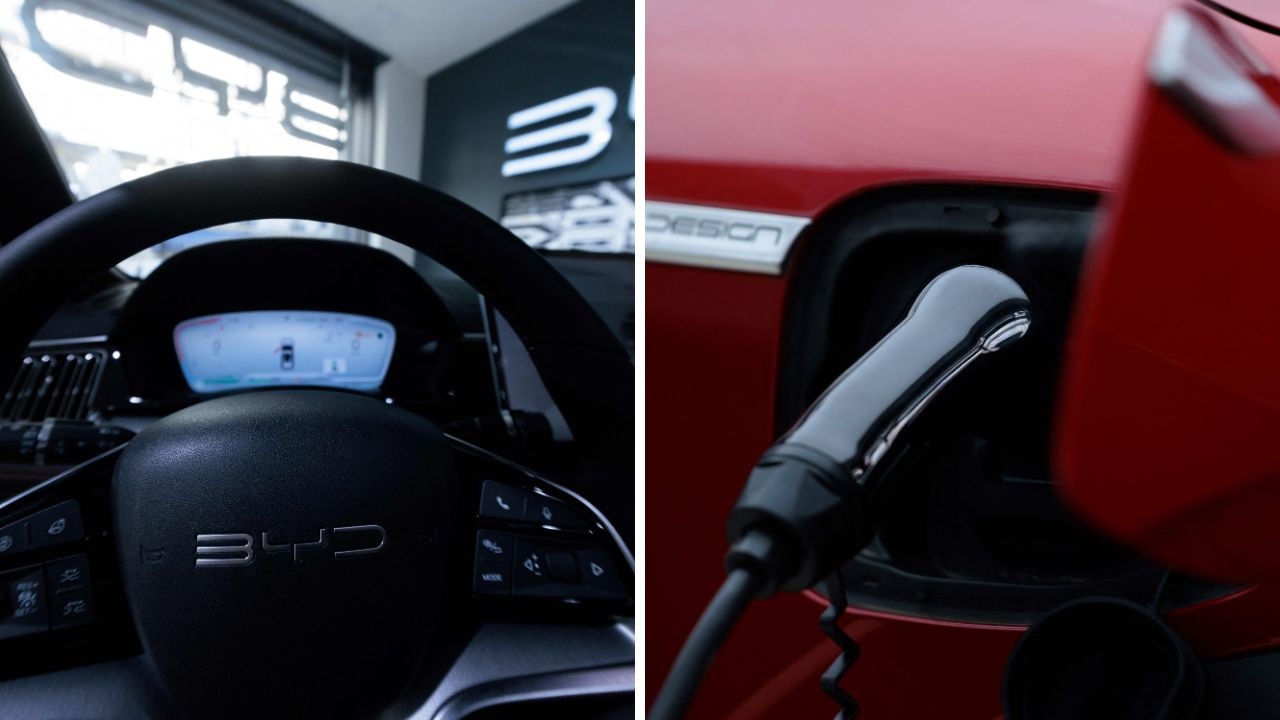New tax breaks bring down the cost of a new EV
EVs are still considerably more expensive than petrol and diesel cars but there are ways to close the gap through incentives and tax breaks.

Car Advice
Don't miss out on the headlines from Car Advice. Followed categories will be added to My News.
ELECTRIC vehicle prices are coming down, but they are still expensive compared with their petrol-powered counterparts.
There are ways to bridge the gap, though.
If you can negotiate a salary packaging arrangement with your employer, you can save thousands on an EV purchase.
Last year, the federal government waived the fringe benefits tax on vehicles bought through company leases, which tipped the scales in favour of EVs.
According to figures supplied by the National Automotive Leasing and Salary Packaging Association, the changes can make it cheaper to lease a $75,000 Tesla Model Y than a $58,000 Toyota RAV4 hybrid.
The NALSPA figures focused on a four-year salary packaging arrangement for an employee who travelled 15,000km a year and earned $100,000 per annum.
The modelling included running costs such as fuel or electricity, but didn’t factor in state government subsidies, which range from $3000 to $6000.
The estimated reduction in take-home pay per year was less than $12,000 for the Model Y and more than $14,500 for the RAV4.
If you’re not in a position to salary package a car through work, there are other ways to save money.
Many banks are offering lower interest personal loans for EVs. The Commonwealth Bank has a discounted rate of 5.49 per cent, compared with 7.99 per cent for petrol and diesel vehicles.
If you secure a seven-year personal loan with no deposit for an MG ZS EV Excite it will cost and estimated $656.52 a month, compared with $714.98 for a similar-sized – and similarly priced – Nissan Qashqai.
That comparison doesn’t take into account the potential running cost savings for the MG.
At $2.15 a litre it will cost you $140 to refill the Nissan Qashqai’s 65-litre petrol tank with the required 95 premium fuel. That will give you a claimed range of 940km. The MG ZS EV’s 51kWh battery would cost roughly $25 for 320km of range at a public charger (at a price of 50c per kWh). That equates to $75 for 960km of range, which means you’d be saving roughly $65 for every 1000km you travelled in the EV.
Owners using cheaper domestic electricity could save even more, while solar panel owners charging during the day could effectively refill for free.
Originally published as New tax breaks bring down the cost of a new EV



